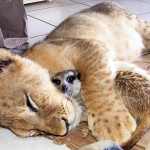The Tiger That Waited: A Deadly Encounter in Russia’s Far East
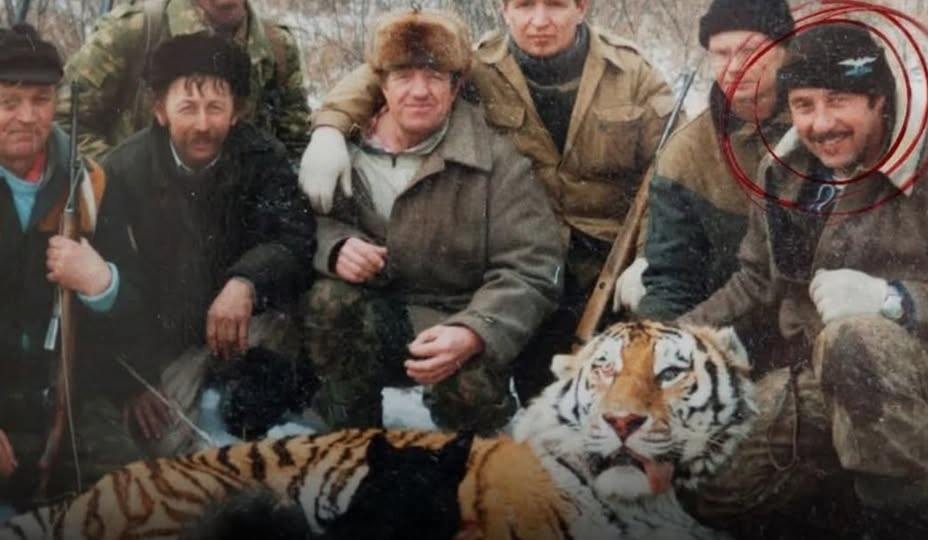
The Tiger That Waited: A Deadly Encounter in Russia’s Far East
In the winter of 1997, deep in Russia’s remote Primorye region, a shocking event unfolded that has since become part of modern wildlife lore. It was a story of survival, patience, and the raw, unpredictable power of nature.
Vladimir Markov, a local poacher, attempted to kill one of the world’s most elusive predators—the Amur tiger. His shot, however, failed to bring the animal down. Wounded but alive, the tiger retreated into the forest. What followed stunned even veteran trackers.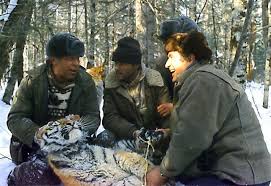
Instead of fleeing, the injured tiger tracked Markov. Experts believe it followed his scent for miles through the frozen taiga. Reaching his cabin, the predator did not attack immediately. Instead, it waited. For anywhere between 12 and 48 hours, the great cat remained hidden, patient, and relentless.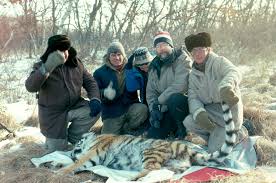
When Markov finally returned to his dwelling, the tiger struck. The encounter ended in tragedy: Markov was killed, and the tiger consumed part of his body. Investigators later pieced together the sequence of events from tracks in the snow and signs left at the cabin, concluding that the animal had deliberately sought out the man who wounded it.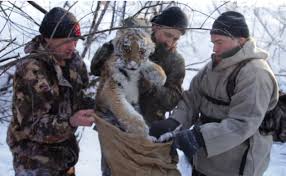
The incident is both chilling and extraordinary. Tigers are known for their intelligence and memory, but this case demonstrated a level of strategy rarely witnessed in the wild. Biologists who later studied the event described it as a calculated act of retribution, noting that Amur tigers can remember and respond to threats over long periods of time.
For conservationists, the story became a powerful reminder of the delicate relationship between humans and the natural world. The Amur tiger, already endangered, was a symbol of strength and survival. Yet the tragedy also underscored what can happen when that balance is broken.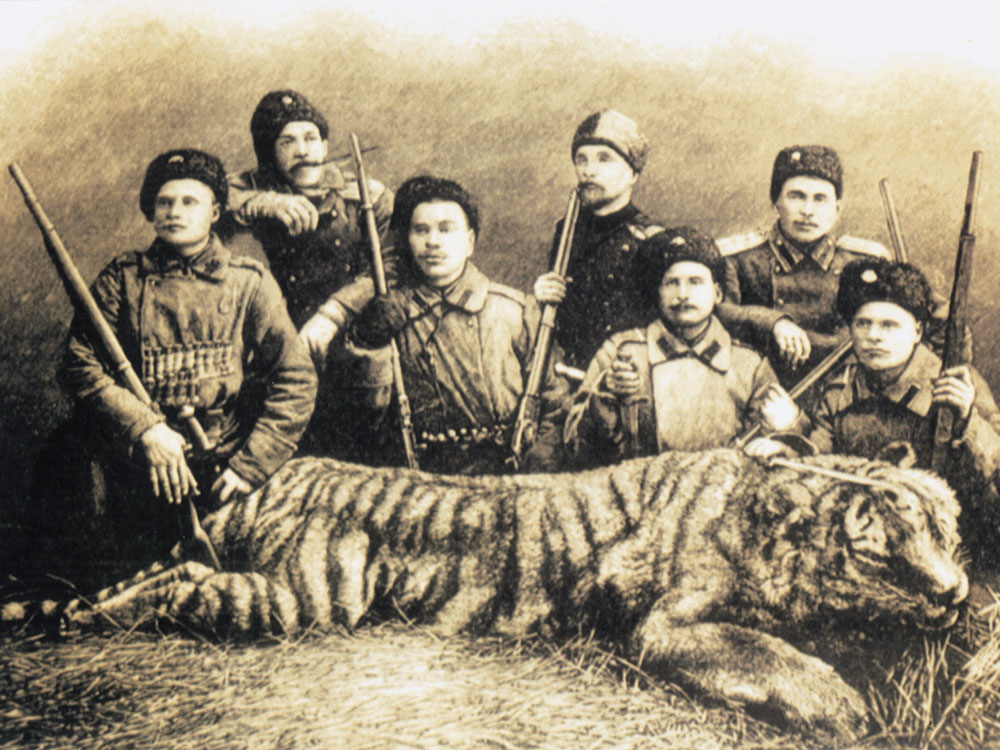
Even decades later, the tale of Vladimir Markov and the tiger that waited stands as a stark lesson: in the wilderness, respect is not optional, and underestimating nature’s power can come at the highest price.









